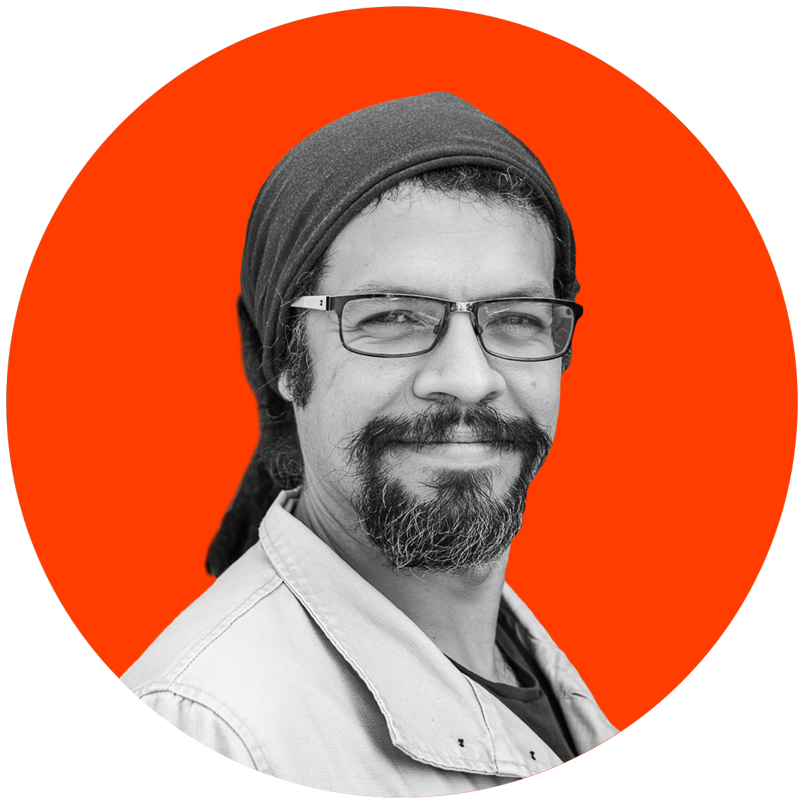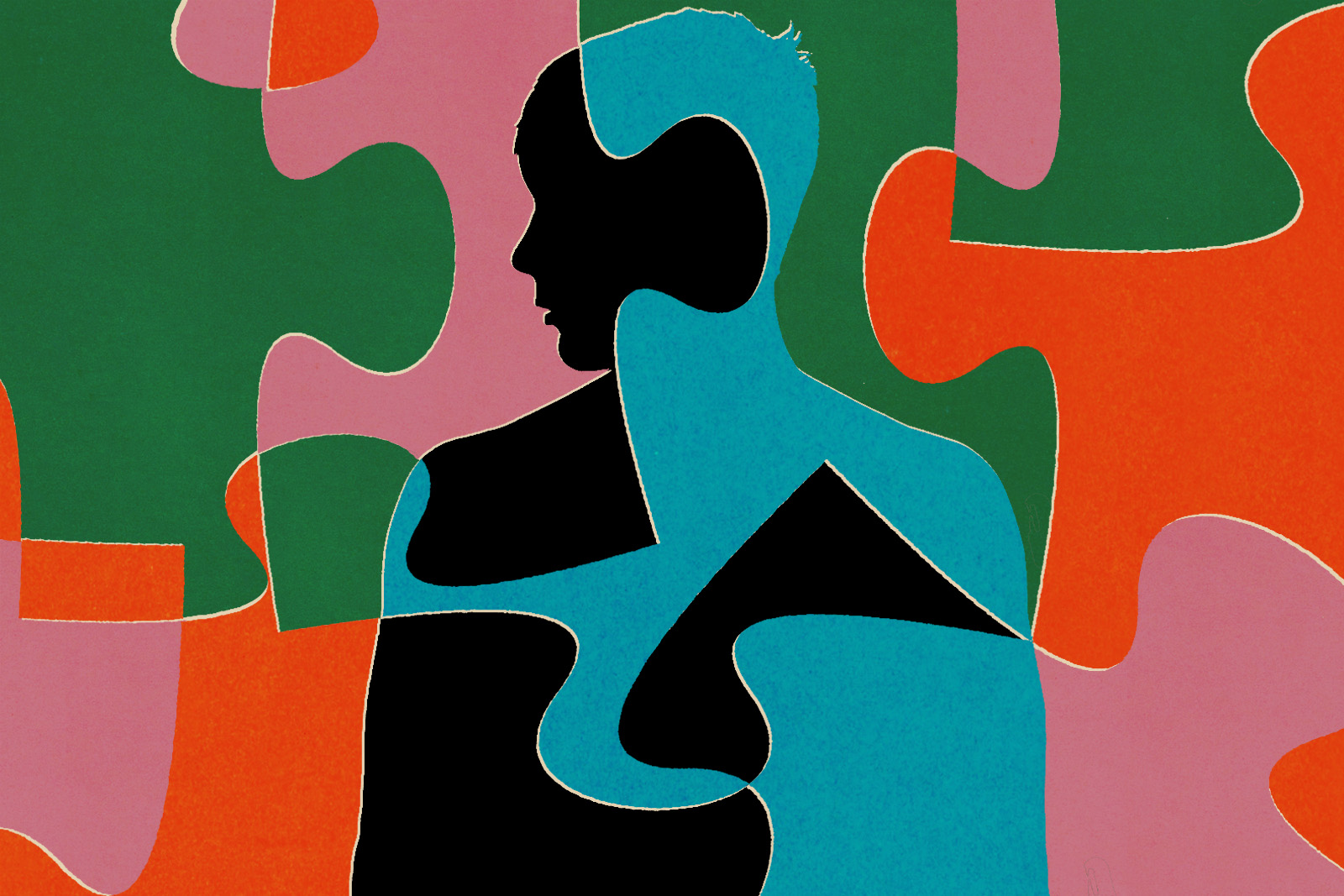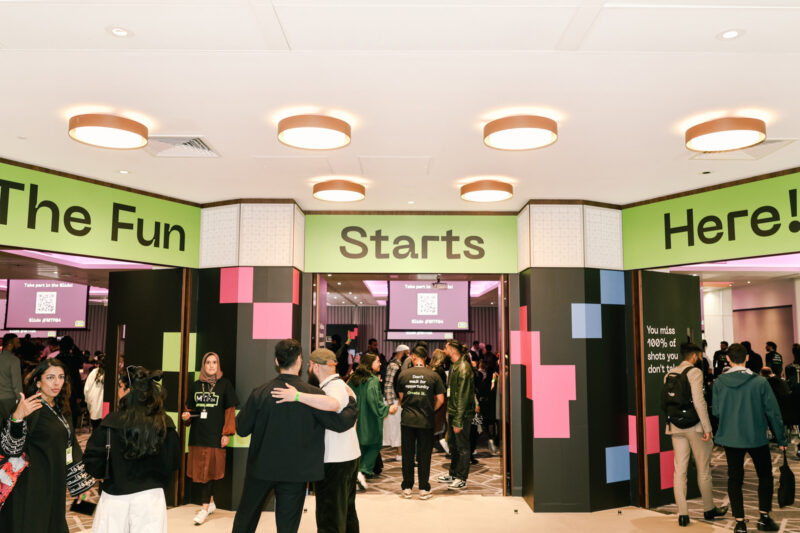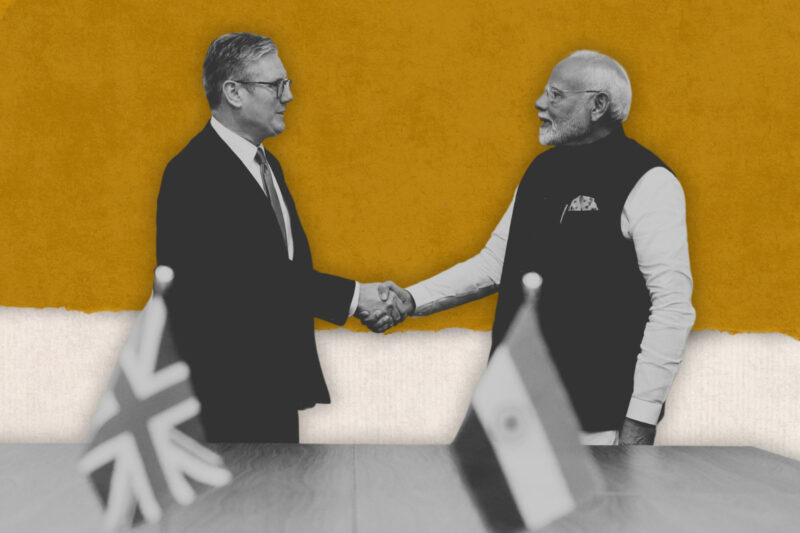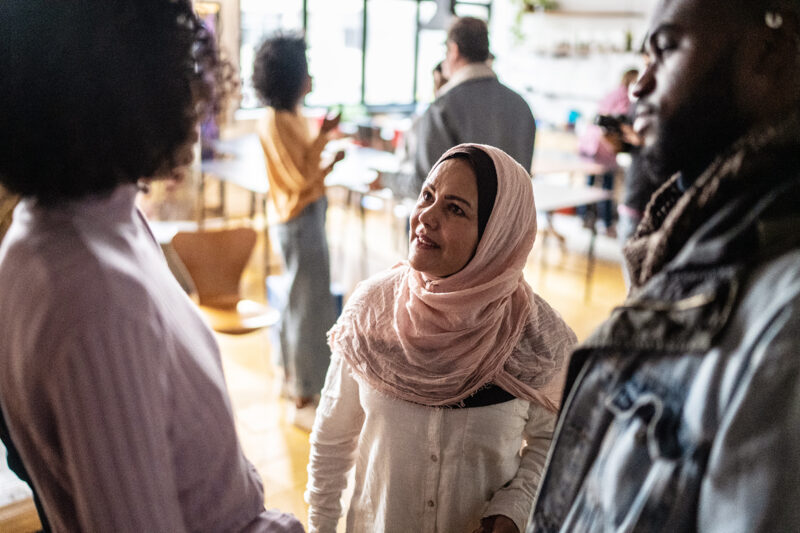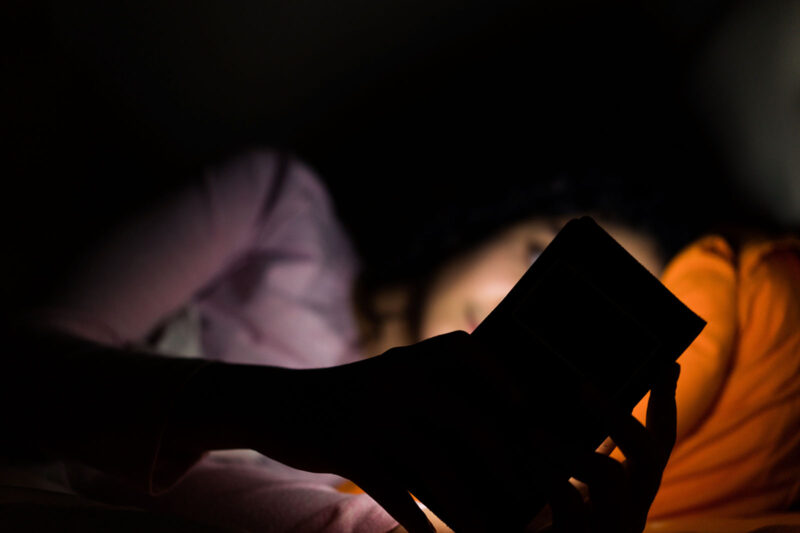Mental health project that draws on 1,000 years of Islamic psychology turns 10

The Lantern Initiative helps Muslims across the UK tackle anxiety and low mood using the work of psychology pioneers Abu Zayd al-Balkhi and Avicenna
A Muslim mental health organisation that draws on the work of Islamic psychologists dating back more than 1,000 years to tackle anxiety is marking the end of its own first decade.
The Lantern Initiative, launched in 2015 in Milton Keynes, began as a series of coffee mornings to combat loneliness among young Muslim mothers. Today it has a small army of volunteers, and runs international retreats, conferences and youth work.
“People were so desperate to link mental health with their faith, and to find faith-rooted healing practices,” said managing director and co-founder Safura Houghton.
The retreats, which have so far been run in the UK, Spain and Uzbekistan, are meant to give people with low mood or anxiety “a real, in-depth insight into what support mechanisms and healing practices we have within the faith that we can draw on”, Houghton added.
To run them, she and the other speakers and trainers turn to the rich history of Islamic psychology — including the work of Persian psychotherapy pioneer Abu Zayd al-Balkhi, born in 850, and “Prince of Physicians” Abu-Ali al-Husayn ibn Abdalah ibn-Sina, known as Avicenna, born in 980.
“Al-Balkhi was someone who had developed cognitive behavioural techniques and other practices such as talking therapies,” she said. “It’s bringing them back to life, drawing on what already exists from within those faith-based frameworks.”
Donations from local businesses and grants from the local council help cover the cost of free and low-cost events, but competition is fierce. The team now has three volunteer directors and an “ad hoc” group of volunteers — among them former service users, something Houghton is particularly proud of. “It’s really lovely to see people grow from struggling themselves to being in a place where they actually want to help,” she said.
Lantern’s flagship programme is a women-only, half-day event called Healing Minds. Run in six cities so far, and with plans to expand, it sees a panel of female speakers talking about mental health and wellbeing, with the discussions rooted in their faith. It has so far sold out every time.
The charity would also like to offer more therapy. “We get contacted on a regular basis by people who feel that NHS counselling has not worked for them, mainstream counselling has had its challenges for them, and they feel that they can’t afford to pay for private counseling,” said Houghton. Lantern has occasionally been able to fund therapy sessions with a qualified therapist who is also Muslim — but Houghton says there’s a wider need for counselling and therapy to be embedded within mosques and Islamic centres.
To that end, she and her team have been speaking to imams and faith leaders about getting such a programme off the ground. Houghton believes Covid and the isolation it brought for many have eroded some of the reticence among Muslims to discuss their mental health.
“There needs to be a holistic approach to treatment and healing,” she said. “We cannot just look at one area in isolation. We’ve got to look at the whole person.”
 Newsletter
Newsletter

